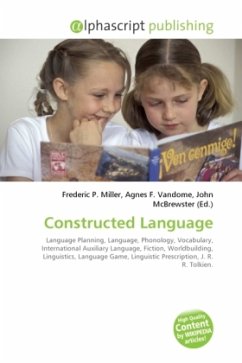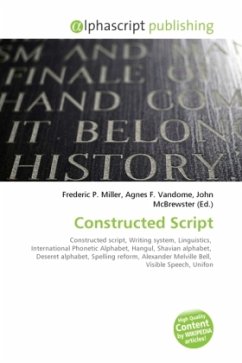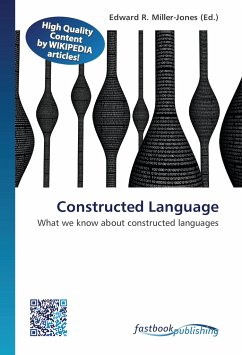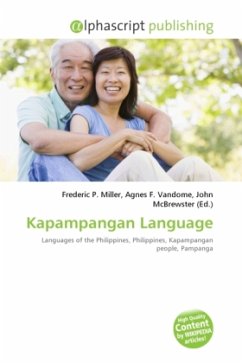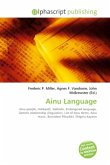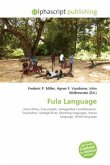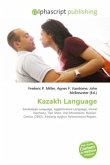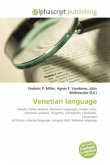A planned or constructed language known colloquially or informally as a conlang is a language whose phonology, grammar, and/or vocabulary have been consciously devised by an individual or group, instead of having evolved naturally. There are many possible reasons to create a constructed language: to ease human communication to bring fiction or an associated constructed world to life; for linguistic experimentation; for artistic creation; and for language games. The expression planned language is sometimes used to mean international auxiliary languages and other languages designed for actual use in human communication. Some prefer it to the term "artificial", as that term may have pejorative connotations in some languages. Outside the Esperanto community, the term language planning means the prescriptions given to a natural language to standardize it; in this regard, even "natural languages" may be artificial in some respects. In the case of prescriptive grammars, where wholly artificial rules exist, the line is difficult to draw. The term glossopoeia, coined by J. R. R. Tolkien, is also used to mean language construction, particularly construction of artistic languages.
Bitte wählen Sie Ihr Anliegen aus.
Rechnungen
Retourenschein anfordern
Bestellstatus
Storno

